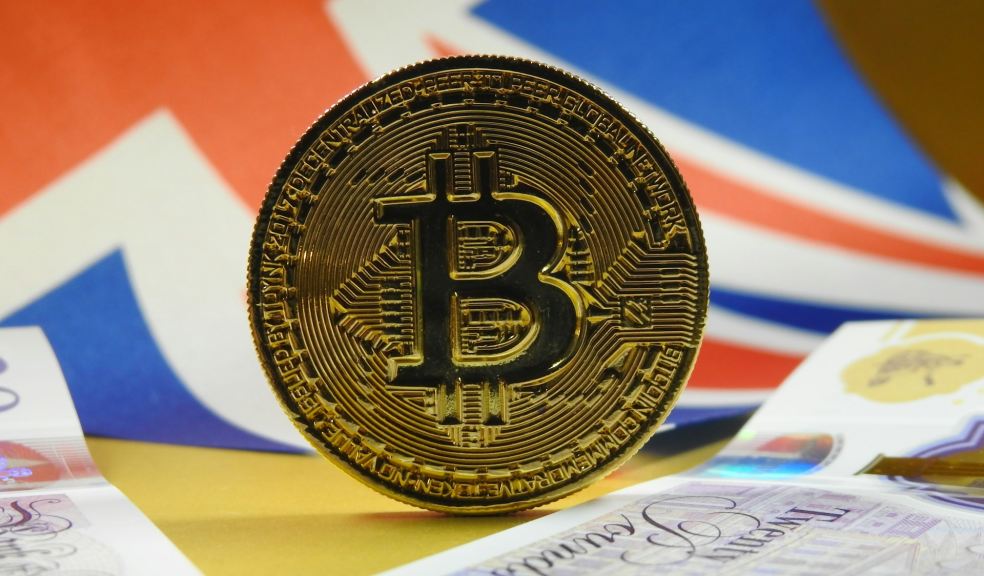
UK Removes Ban on Ordinary Investors Accessing Crypto Exchange-Traded Products
The UK’s financial regulator has taken steps to lift its ban on ordinary investors buying crypto exchange-traded products (ETPs). That ban, first enforced to keep high-risk products out of reach, is now being reconsidered as part of the government’s broader shift toward embracing digital finance. The Financial Conduct Authority said the change will go through consultation first, but its position has clearly softened. Until now, only professional investors could access these products under UK rules.
Wider Crypto Access, More Practical Uses
The move isn’t just about trading. It has opened up new ways for people in the UK to interact with crypto beyond simply using it to shop online. More are exploring its use in digital gaming environments, and others are taking an interest in crypto’s role in online gambling. According to gambling expert Wilna van Wyk, there’s growing momentum around Bitcoin sites for gambling, many of which now offer generous bonuses, large game libraries, and consistent promotions. These platforms let users move funds faster and use their digital wallets directly, which is part of why they’re becoming more popular.
The result is that digital currency, especially in the form of Bitcoin and other major tokens, is no longer just sitting in cold storage or being held for long-term price gains. It’s being put to use. It’s being played with. It’s being risked in ways that, ironically, mirror how traditional money is already used across the same sectors. Crypto is slotting into everyday life where people want speed, autonomy, and fewer middlemen.
Why This Change Now
The FCA’s earlier resistance to crypto-linked ETNs stemmed from a belief that the average investor didn’t have the tools to manage such volatile products. That thinking has shifted, not because crypto has become less volatile, but because excluding retail investors didn’t solve anything. People were still engaging with crypto, just without protections. By removing the restriction and requiring that ETNs be sold only through FCA-approved exchanges, the regulator is trying to create safer pathways without pretending risk can be eliminated.
It’s also a political signal. The government has already shown interest in growing its digital economy, and finance is a major part of that. In April, new laws were introduced to bring crypto more firmly under UK regulation. It marked a shift in tone—from trying to contain crypto to trying to shape it. Removing the ban on crypto ETNs for retail investors fits into that direction.
Not a Green Light for Everything
This doesn’t mean the UK is opening the floodgates. The ban on crypto derivatives, for instance, is still in place. That means leveraged bets, like crypto futures and options, remain off limits for regular investors. These are the kinds of trades that can amplify both gains and losses in unpredictable ways. The FCA seems to be making a clear distinction: structured, non-leveraged exposure through ETNs can be made safer under the right conditions. Derivatives, on the other hand, remain a step too far for now.
Crypto ETNs will also need to be offered only through recognised investment exchanges. That keeps unregulated players out of the picture and gives investors at least some clarity around where their money is going. It’s not a perfect system, but it’s far more secure than the patchwork of offshore offerings many people turned to when the ban was in place.
How the Public Might Respond
For investors who’ve been watching crypto from the sidelines, this could be the opening they’ve waited for. ETNs allow people to gain exposure to crypto price movements without holding the actual asset. That appeals to those who don’t want to deal with wallet keys, blockchain confirmations, or exchange hacks. It turns crypto into something closer to a traditional investment product.
Of course, risk hasn’t disappeared. Prices still swing, and no amount of regulation will guarantee profit. But what’s changed is that investors now have more tools to navigate those risks, and they’re being treated as adults rather than excluded entirely. It’s a recognition that participation can be managed, not prevented.
Impact Beyond Finance
There’s also a cultural layer to this. Crypto has always been as much about mindset as money. The people using it often value independence, speed, and being outside traditional systems. When regulators acknowledge that by creating space for participation instead of policing from the top, they open up opportunities that go beyond just trading.
More people might now choose to explore crypto gaming or test how digital assets work in entertainment settings. Others might start experimenting with staking or tokenised ownership models.
Where This Might Lead
If the consultation period moves ahead without major opposition, crypto ETNs could be accessible to the public sooner rather than later. That would likely trigger new products tailored for retail investors, as well as stronger education efforts from both exchanges and financial advisors. It could also force traditional finance firms to speed up their own crypto integration—bringing these worlds closer together rather than keeping them in separate silos.
The shift doesn’t mean crypto is now safe or risk-free. It’s still unpredictable. But what has changed is how it’s being handled: not as something to be kept away from people, but as something that needs to be built into systems more responsibly.











